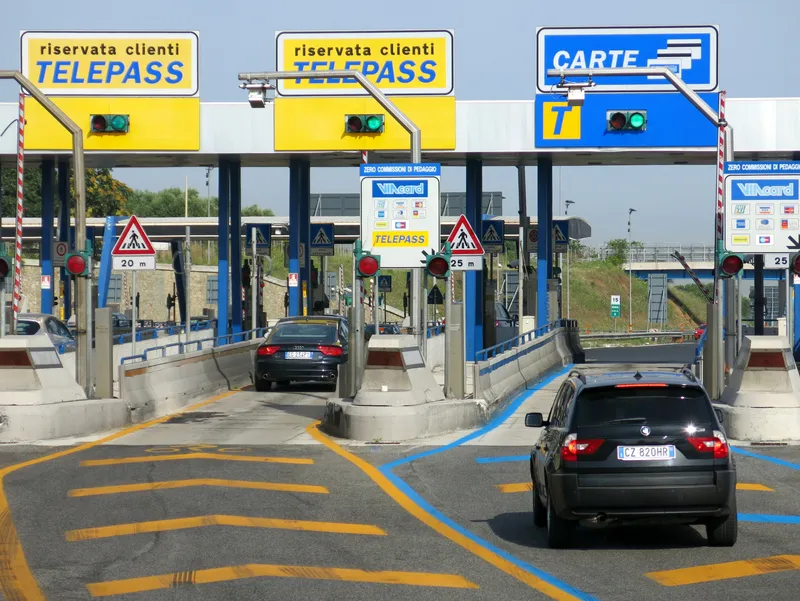
Kapsch TrafficCom will provide transit signal priority to municipal buses in Vitoria, Spain, using the company’s advanced connected vehicle technology.
The announcement follows a pilot project which integrated Kapsch’s system with existing traffic management tools.
Designed to prioritise a specific bus line at a key intersection, the system operates entirely in the background. This allows bus drivers to focus solely on the road while the technology manages traffic light prioritisation automatically, explained Carolin Treichl, Kapsch executive vice president for EMEA.
The benefits of this system are two-fold, Treichl said. It offers greater agility for public transportation and easier implementation and maintenance for city authorities due to minimal construction requirements.
While currently limited to a single intersection and bus line, the technology is fully scalable, paving the way for future deployments across larger urban areas.
Separately, Kapsch announced that its solution consultant Aafiya Shah has been appointed to the Washington, DC-based Transportation Research Board’s (TRB) Committee on Regional Transportation Systems Management and Operations.
The TRB is a division of the US National Academy of Sciences, Engineering and Medicine. It provides expert advice on transportation issues, conducts research and facilitates the exchange of knowledge among transportation professionals.
Shah, who has been with Kapsch TrafficCom for eight years, is now serving as a “young member” of the TRB committee for a three-year term.








